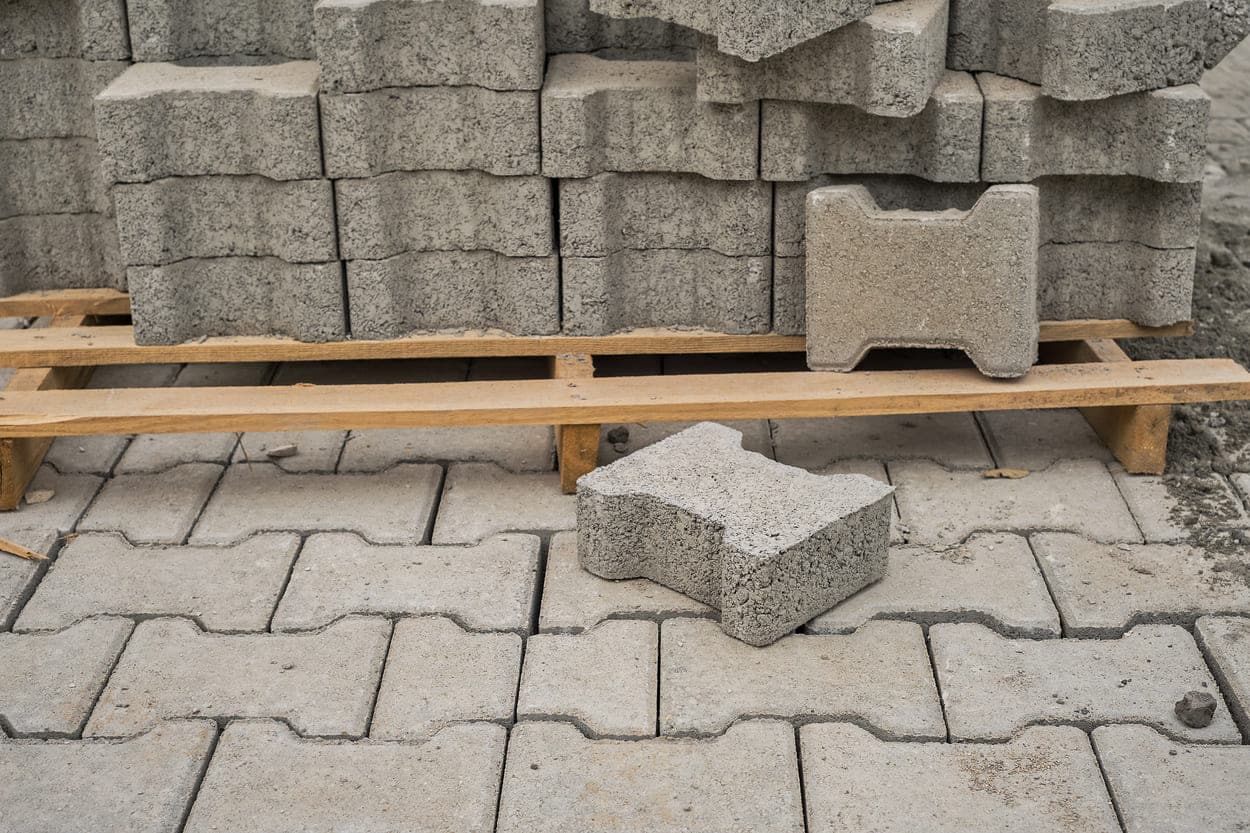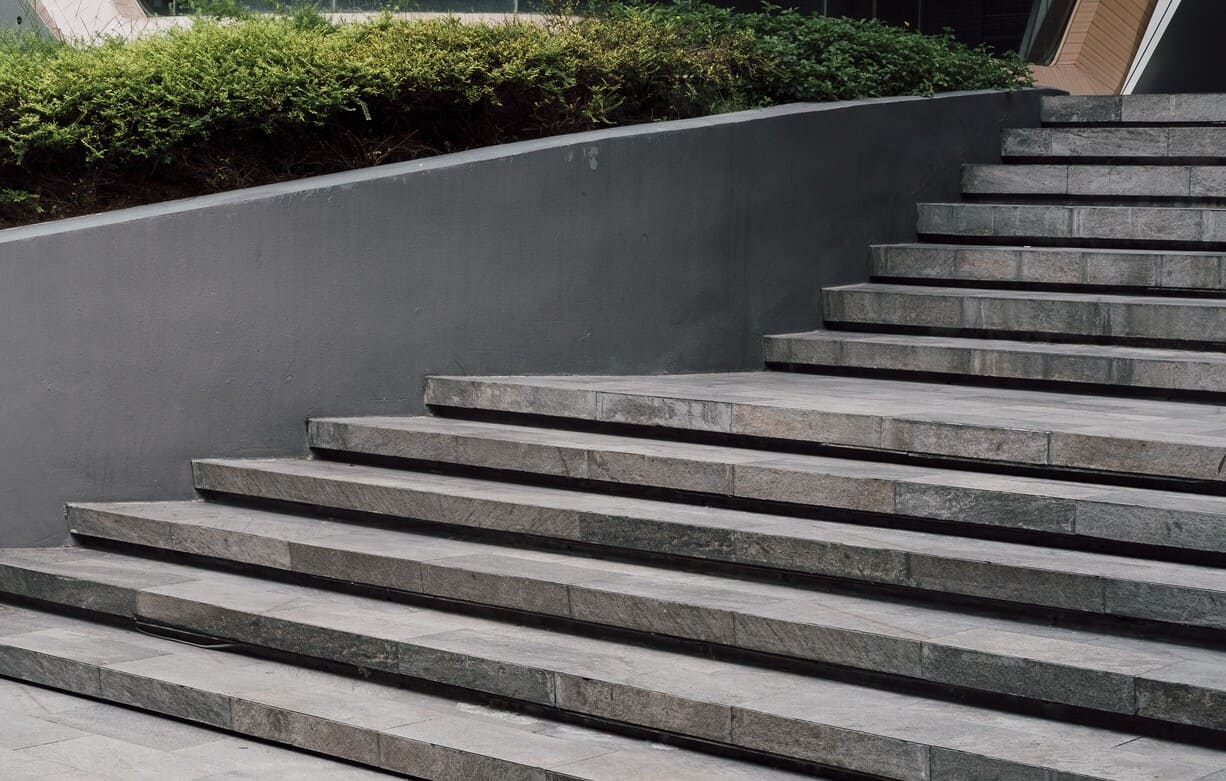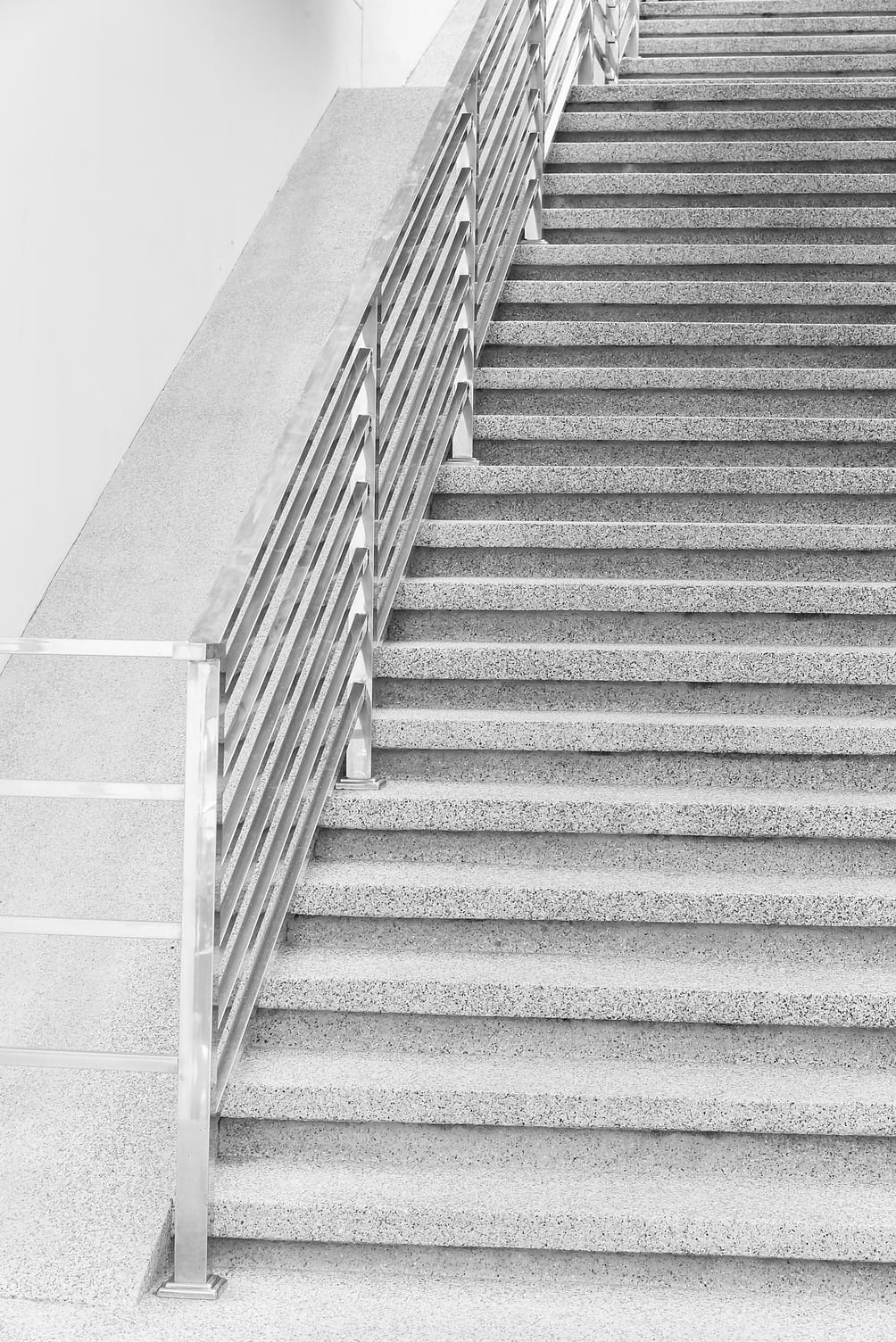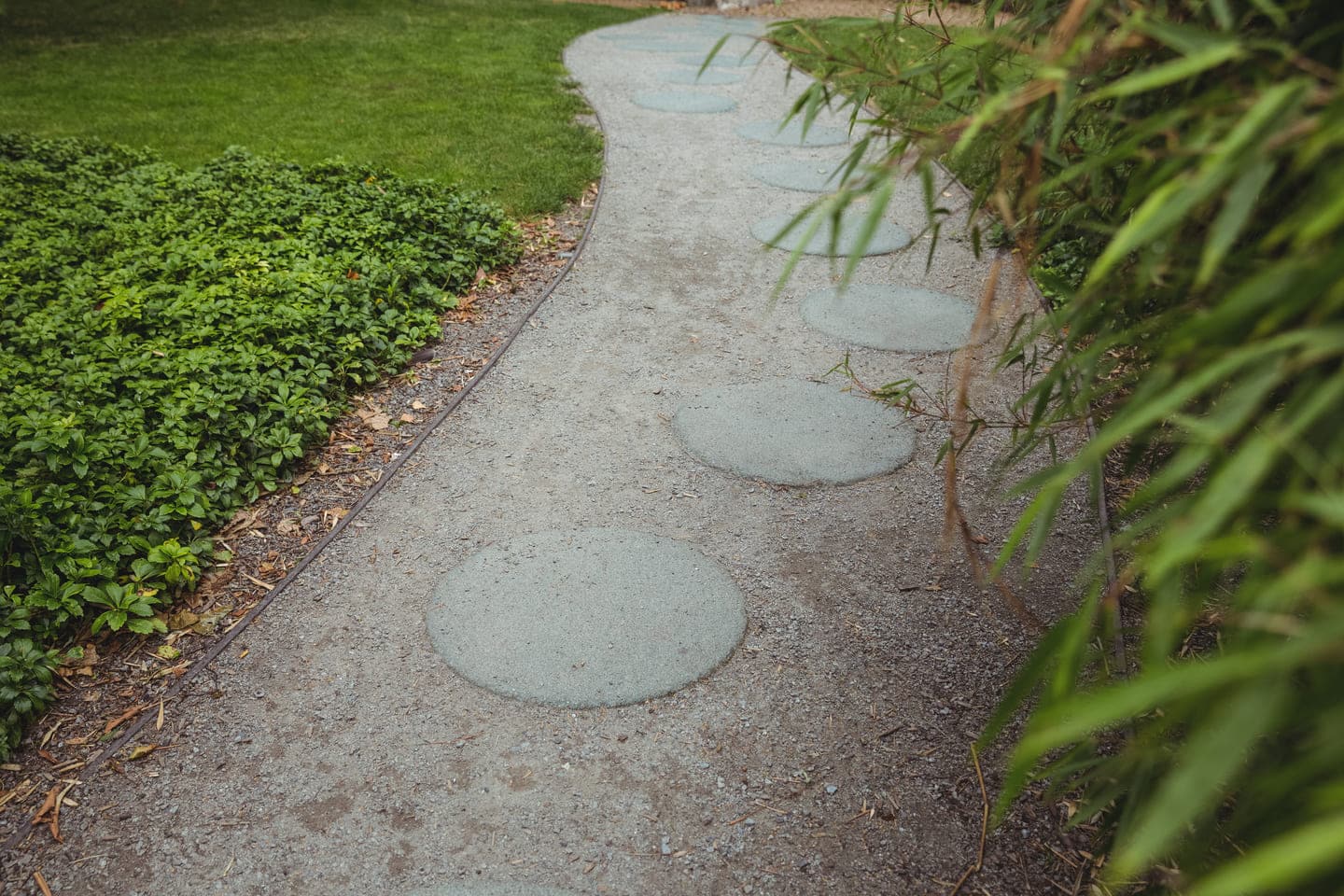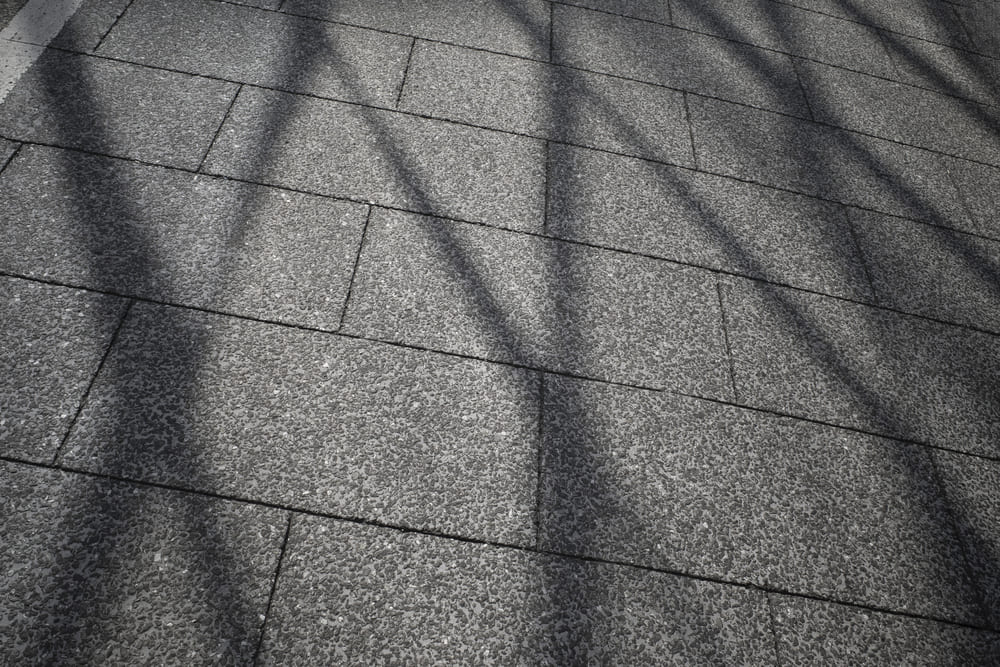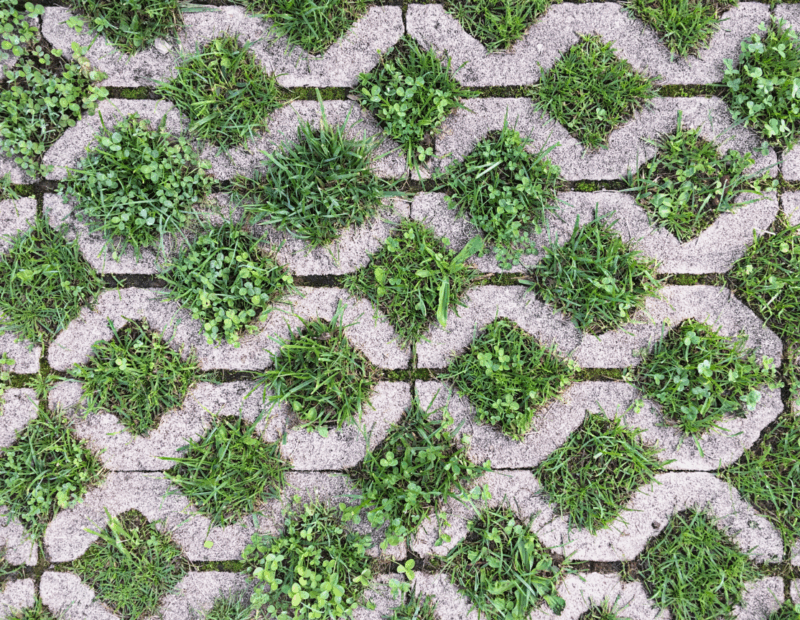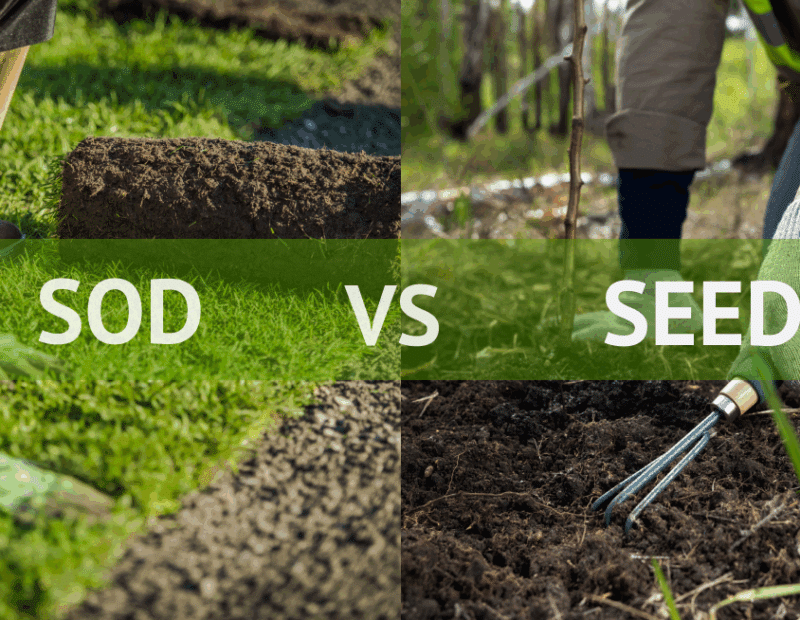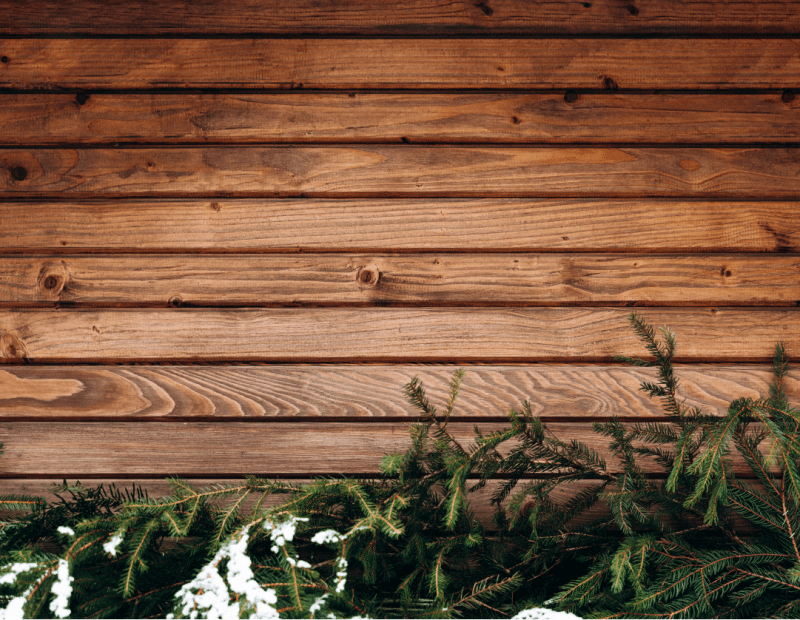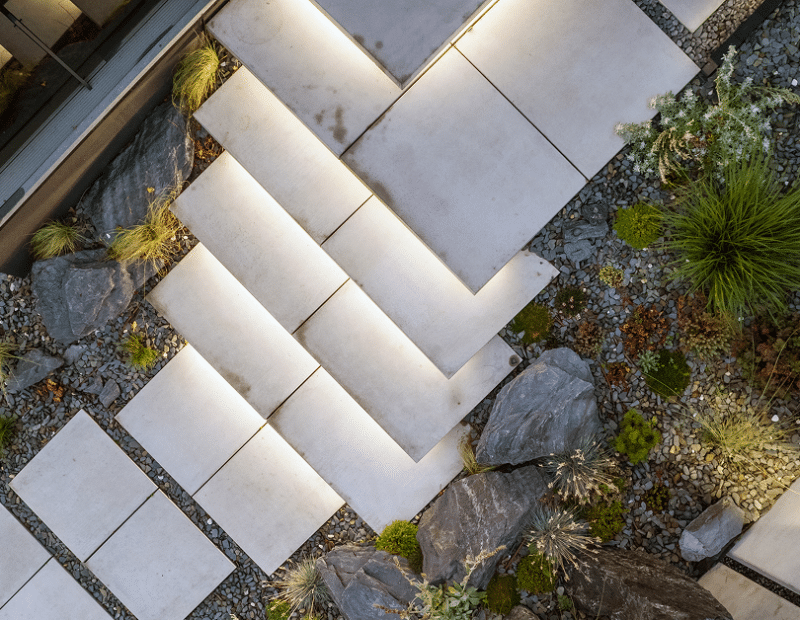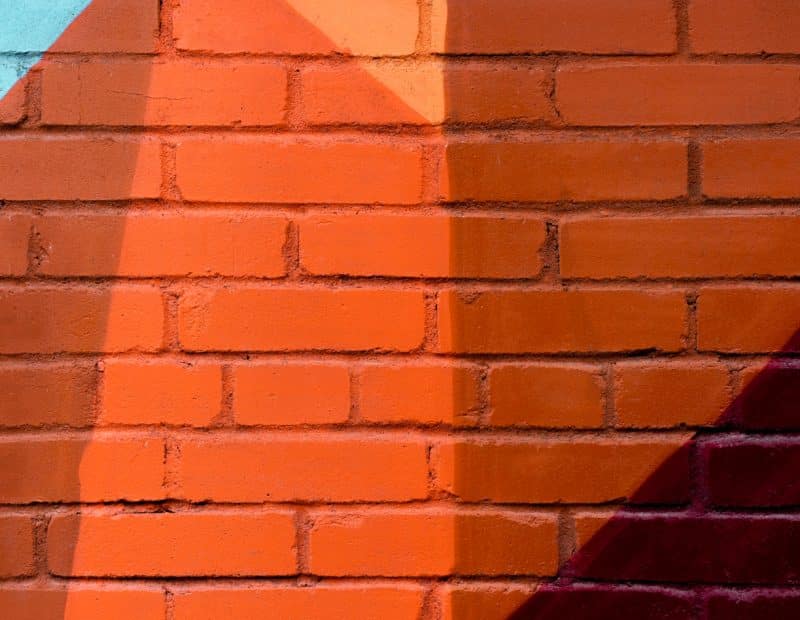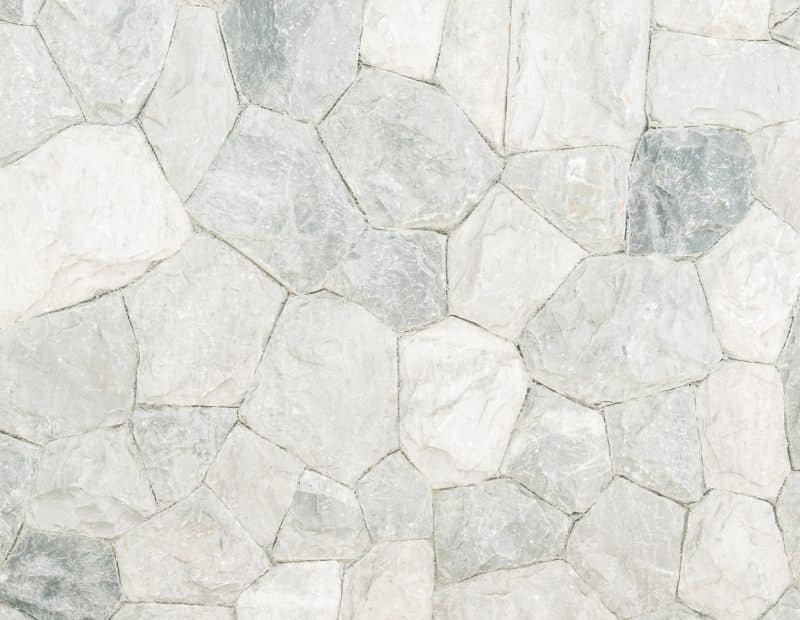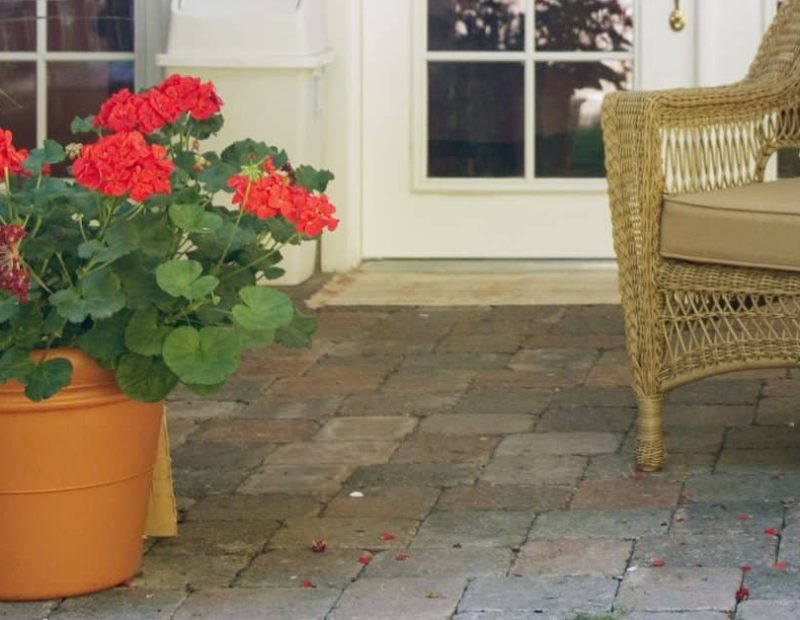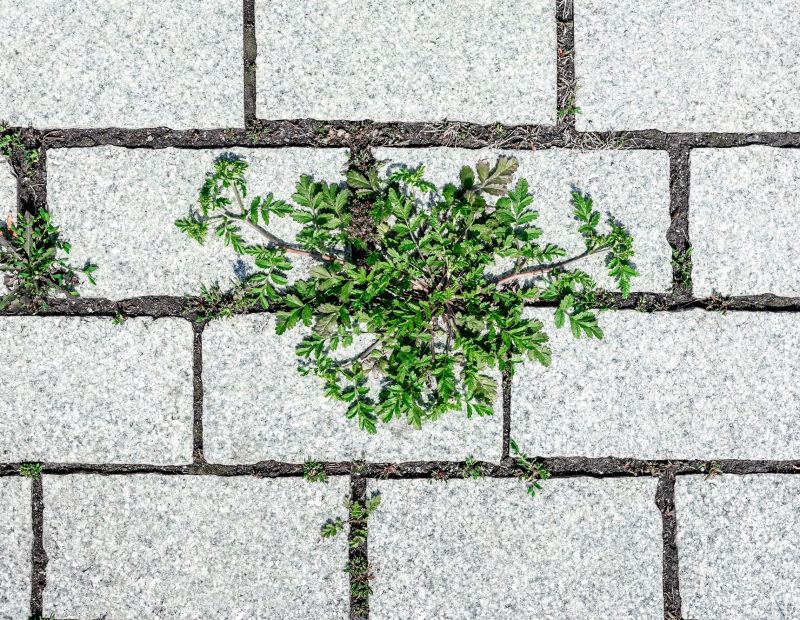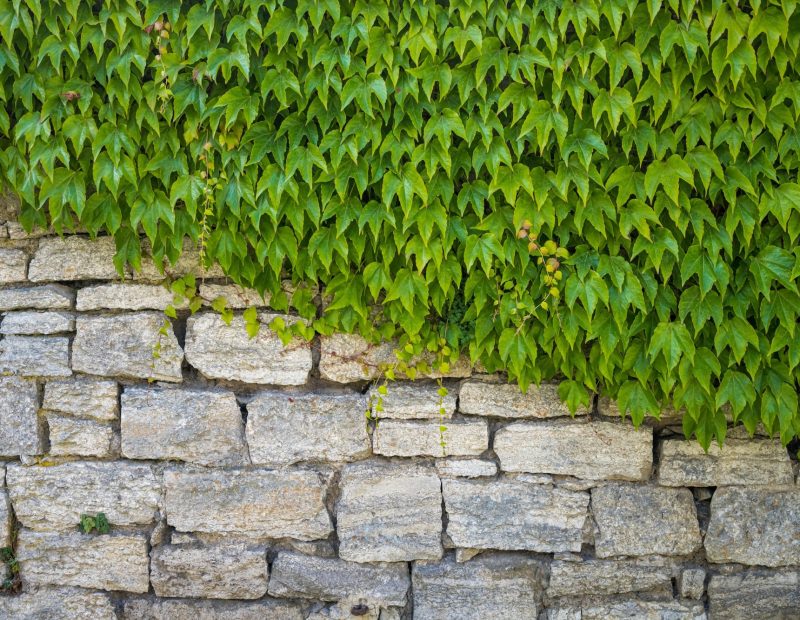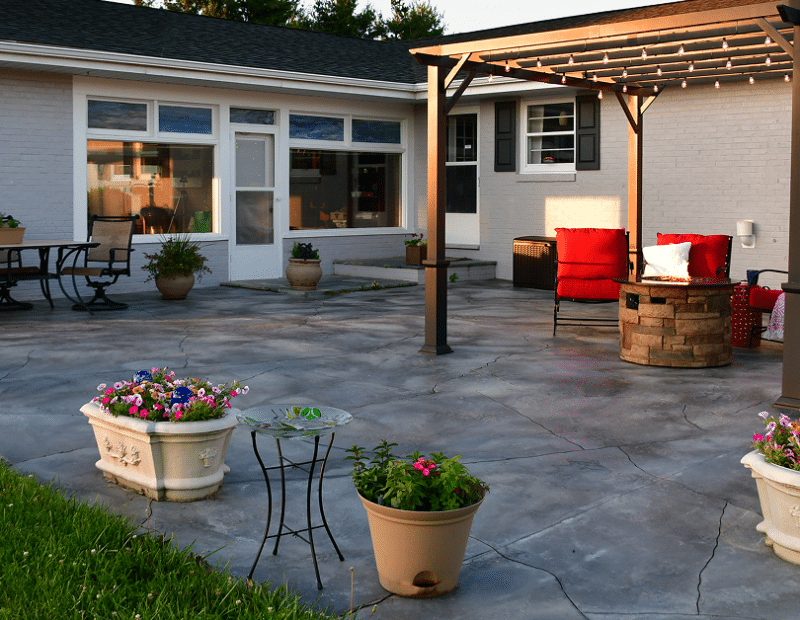Why Interlock Steps in 2024?
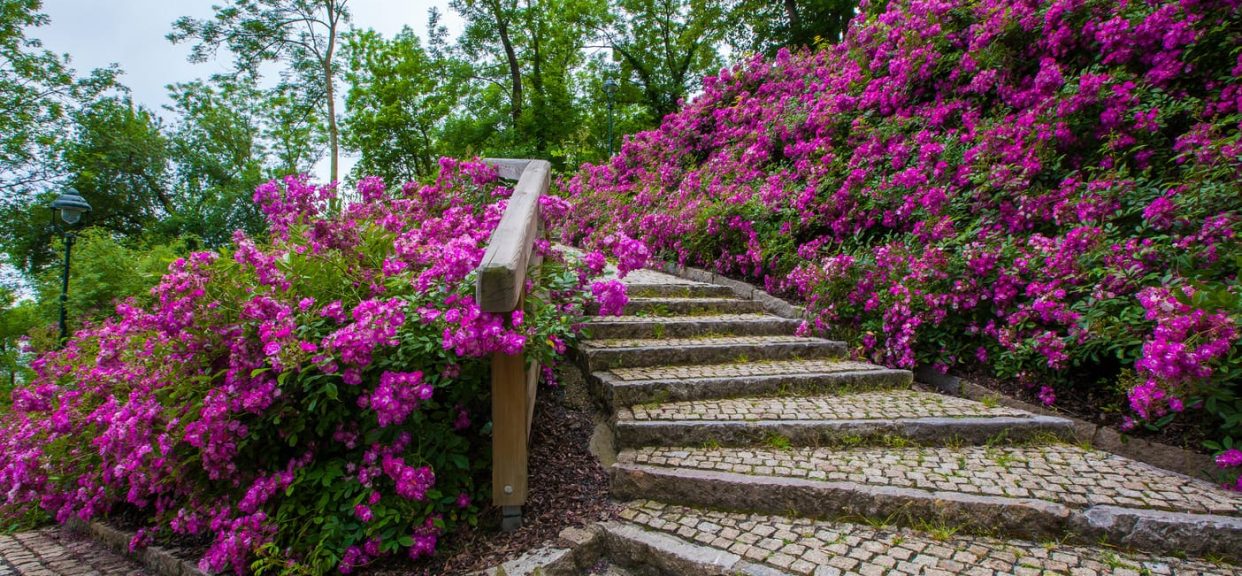
Contents
Imagine that you want to buy a house. What is the first thing that catches your attention and influences your purchase decision? Probably the front side: the porch with the steps, the driveway, the door, and the windows. While traditional wooden porches with decks around the house are still an option, what do you think of interlocking steps? Natural solid stone instantly draws attention and promises to be there with no repairs for a long time. Here are even more reasons to interlock your steps in 2024.
Reason #1. Long-lasting and Easy to Repair
It is no surprise that natural interlocking stones are incredibly durable. When our team of landscaping experts lays interlock steps, we cover all the nuances of proper stone installation. Thus, we guarantee that our interlocking stands the test of time. But what if something goes wrong? Did someone accidentally drop something heavy on your porch or leave a stain? No worries! There’s such a thing as interlock repair. With this service, you can get rid of weeds between interlocking areas and replace damaged pavers in no time.
Reason #2. Attractive Results
Just like this, interlocking services make your house attractive in every sense of the word. The stone steps’ surface looks smooth and is highly slip-resistant. They produce a modern yet industrial look to your porch. From the first sight of your interlock steps up to the interlocked backyard with a cozy pergola, your guests and neighbours will see and feel that they are dealing with a reliable and worthy person.
Reason #3. Surprising Versatility
Who said that the stone isn’t ductile? Not in terms of its chemical structure but in its way of use, it creates countless design possibilities. If you don’t want to make the look of a harsh and dependable guy from the previous point, just use different materials to interlock steps. Instead of plain concrete, you can choose bluestone, limestone, colourful tiles or anything in between and polish it with vivid, lovely perennials. Only you decide what others will think of you, and with interlocking versatility, playing with others’ psychics has never been that easy.
Reason #4. Low Maintenance
There is nothing more unpretentious than the stone. In general, it has stayed here for at least 30 years without asking for it to be repaired or replaced. And, as we pointed out earlier, interlock repair and replacement is relatively easy, too. Unlike other interlocking areas, like walkways and driveways where weeds can start growing, steps are a heavy-trafficked area. Consequently, even the tiniest grass blade will be trampled as soon as it comes out of the gap. All you need to do to maintain your interlock steps is sweep it in summer and wash it in the spring after the snow melts down.
Reason #5. Eco-Friendliness
The last but not least reason is to help Mother Nature. As it follows from our company name, that’s quite a thing for us. Each day, we make our planet greener and safer. So, each project is not only the embodiment of your desires but a sustainable version of it. Interlocking pavers are made from natural materials and have little to no waste during production. When they are properly laid, they help water return to the ground through gaps between the stones. It is vital to keep groundwater levels normal and to support the local ecosystem.
Interlock Steps Materials Ideas
Feeling convinced? No wonder! Now is the best time to show you the most popular materials for your interlocked steps. While there are countless options, we’ll give just a few examples. You can learn more about interlocking by simply contacting us and scheduling a free consultation.
Concrete
There’s nothing more basic than concrete. Your house is probably made of it, your flooring, patio, office, etc. So it will look entirely natural as a material for your steps. Usually, grey and porous masses can be turned into anything you can imagine. Colour it and form it, and you’ll get a natural-looking stone. Stamp it and get an interlocking pattern that is made easy and cheap. Level it and get a smooth slope near the stairs so that it is convenient for disabled people to get on and off. It is truly a multifaceted and unique material indeed!
Bluestone
Despite your first thoughts, natural bluestone doesn’t always look like blue stone. It is nothing more than a bright and commercial name for other naturally occurring stones like limestone, dolerites, basalt and others. However, such a mess with titles doesn’t make it less dependable. On the contrary, it is one of the most long-lasting options (even Stonehenge is made of it) for your steps and walkway.
Tiles
Last yet equally important is to take a look at tiles. They continue to be the number two material for interlocking. Why the second place? Because tiles can be slippery compared to the other stones we talked about. Even more, they crack easily compared to other materials. However, tiles create the golden mean. They can be used in interior design, somewhere in the bathroom, or as your interlocking steps material. Tiles’ prices are reasonable, and they still create a nice and clean look.
Final Thoughts
To interlock or not to interlock, that was the question. But not anymore! We hope that we found more than enough reasons for you to interlock steps in 2024. Actually, the year doesn’t even matter. Due to their durability and flexibility, interlocking stones have become a never-aging classic that will add value and a charming design touch to your property!

